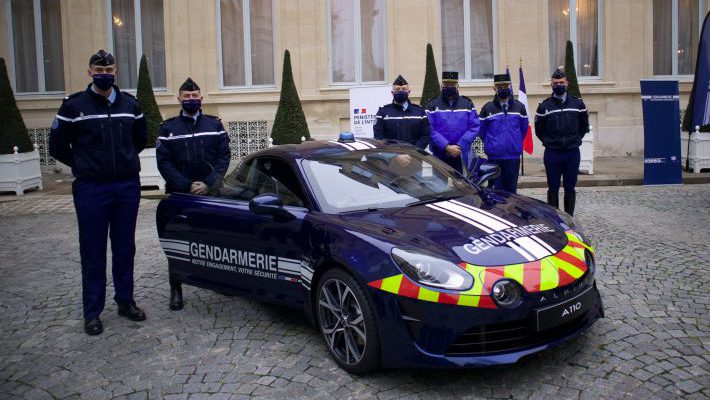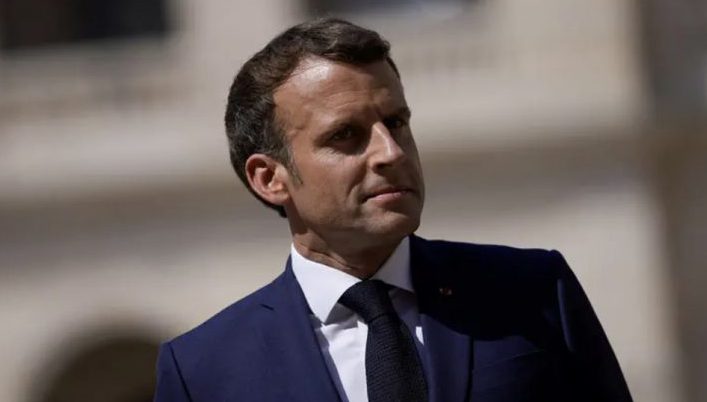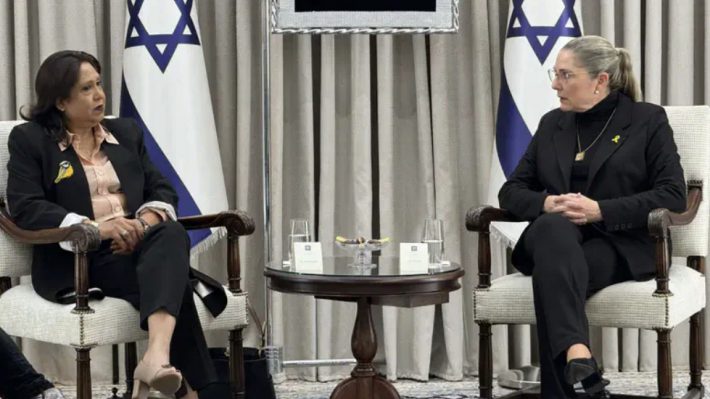After Four Decades, France Moves to Try Suspects in 1982 Paris Antisemitic Attack at Jo Goldenberg restaurant attack in Paris, which killed six and injured 20.
In a long-awaited step toward justice, French prosecutors are seeking to bring six individuals to trial before a special terrorism court for their alleged involvement in the 1982 terrorist attack on the Jo Goldenberg Jewish restaurant in Paris. The move, reported by Reuters on Wednesday, comes more than 43 years after the brazen assault that left six people dead and over 20 injured.
The attack, which took place in August 1982 on Rue des Rosiers in the heart of Paris’s historic Jewish quarter, was the deadliest antisemitic assault in France since World War II. Carried out with grenades and machine guns by two groups of assailants, the strike targeted innocent diners and staff at the popular eatery, shocking the nation and the global Jewish community.
Despite decades without accountability, no trial has ever been held in connection with the massacre—until now. The French National Anti-Terrorism Prosecutor’s Office (PNAT) confirmed it has formally requested a trial for six suspects, marking a major development in the decades-long investigation.
Among those named is Walid Abdulrahman Abu Zayed, believed to be one of the attackers. He has been held in France since his arrest in late 2020. Also facing trial are Nizar Tawfik Mussa and Mahmoud Khader, charged with murder and attempted murder in connection with a terrorist organization. Three additional individuals are being sought on charges of complicity in those crimes.
Arrest warrants remain active, although the current locations of five suspects within France are still unknown.
French investigators and media have long pointed to the Fatah-Revolutionary Council, a Palestinian terrorist faction led by the Abu Nidal Organization and based in Iraq at the time, as the group behind the atrocity.
The move to proceed with the trial comes as a powerful signal—both to survivors and the broader public—that justice delayed is not justice denied. More than four decades later, the pursuit of accountability continues to echo with significance, not only as a matter of legal redress, but as a reaffirmation of memory and truth in the face of terror and antisemitism.





